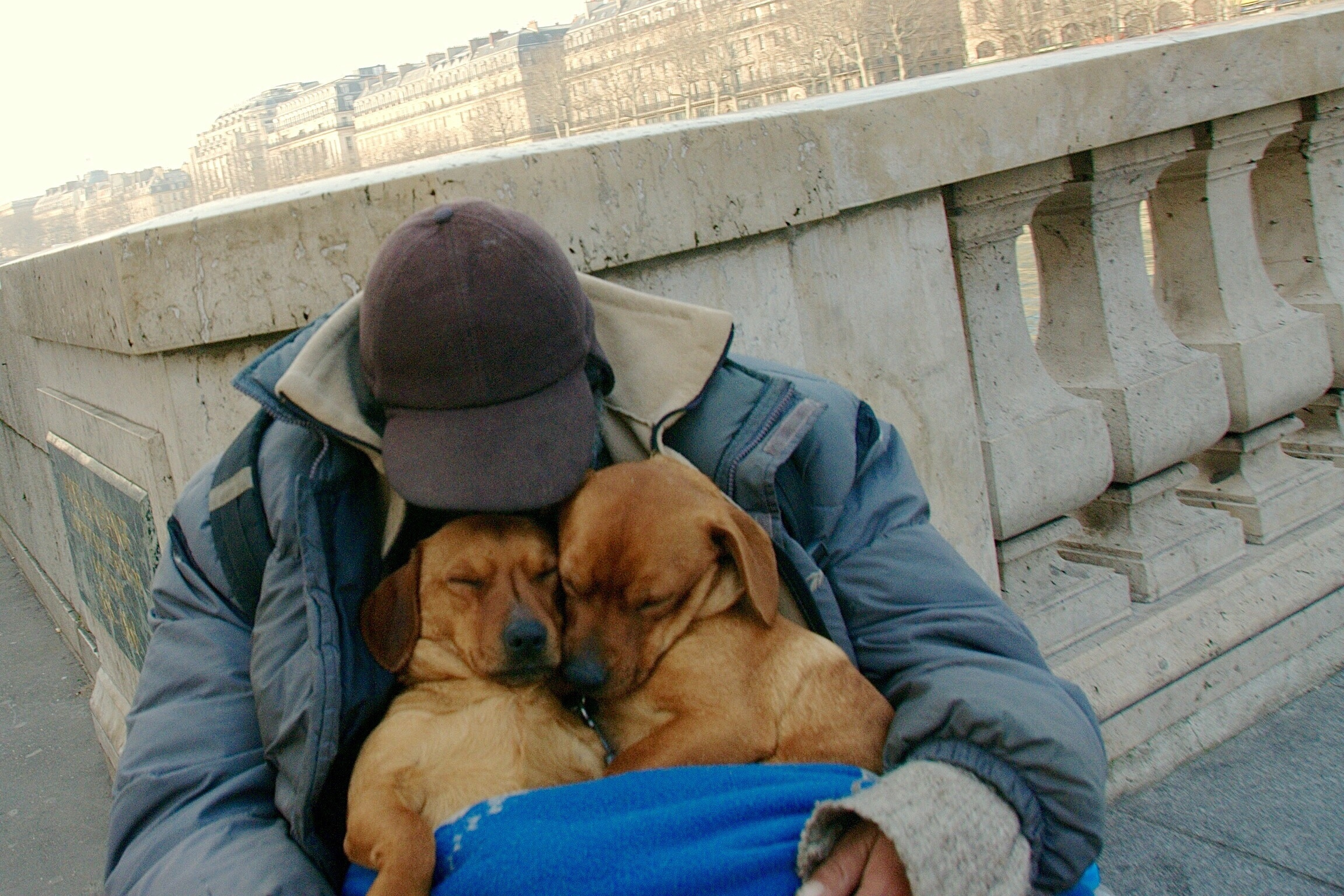Thanksgiving is a week away and Hartford Mayor Luke Bronin and Hartford residents who have lost loved ones during the coronavirus pandemic want people to follow coronavirus guidelines on Thanksgiving and during the holiday season.
Bronin is asking people to avoid gatherings that could spread the virus he said school children will not be able to return to the classroom full time until the trends of this virus turns around.
"We have to make sure we keep these celebrations small," Bronin said.
Since the pandemic started, 182 Hartford residents have died -- seven in the last 10 days.
"The choices we make matter," Bronin said.
"It’s about saving lives. And I want you to live. I want to live," said Hiram Otero, whose father died of COVID-19 in May.
"I think this year it’s more important to celebrate with the people that you love in your home safely," said Chinequia Bailey, who lost her mother in April.
The mayor said that he understands that it's frustrating to be nine months into the pandemic, to see that the months ahead are going to be long and difficult and not to be able to gather with all your loved ones this year.
The state warns that the risk of spreading COVID-19 has become higher, Connecticut is seeing a spike in cases and several factors contribute to the holidays being a high-risk time to spread the virus.
That includes traveling to communities with high concentration of COVID-19 cases; gathering indoors or outdoors with friends and family outside of your local area; participating in larger, longer gatherings; traveling for long periods of time in enclosed spaces like buses or airplanes; and not wearing masks or not social distancing around family members and close friends.
The state recommends having your holiday gatherings virtually, but, if you have to travel, and visit family and friends for the holiday, follow basic public health safety precautions.
The state is in Phase 2.1, which limits private gatherings both indoors and outdoors to 10 people. Even with a small gathering size, you should still wear a mask, keep a distance, wash your hands and avoid leaving your home if you feel sick, the state urges.
Stories from LX News
LX, or Local X stands, for the exponential possibilities of storytelling in our communities.
If you are hosting a holiday event that includes people outside your household, consider screening guests and asking them if they feel sick or are experiencing symptoms of COVID-19.
Ask your guests to stay home if they feel sick. Limit attendance, invite only local attendees and hold activities, especially meals, outdoors if you can. If this is not possible, use an indoor space that is well ventilated and allows for physical distancing. If a gathering is held indoors, opening windows and doors or use of portable air cleaners can reduce the risk of spreading the virus.
The state also recommends providing masks, hand sanitizer and tissues for guests who have not brought their own, using single-use plates, utensils and to-go containers.
Consider asking guests to avoid contact with people outside of their households for 14 days before the gathering to lower risks of virus spread and provide up-to-date COVID-19 safety information to guests and share all measures you have taken to limit risks. Get more information here.
CT COVID-19 Travel Advisory
A travel advisory is in effect for anyone entering Connecticut from states with high community spread of COVID-19.
Anyone traveling into Connecticut from a state, other than New York, New Jersey, or Rhode Island, with a positive case rate higher than 10 per 100,000 residents, or higher than a 10% test positivity rate over a seven-day rolling average, or from a country for which the Centers for Disease Control and Prevention (CDC) has issued a Level 3 Travel Health Notice, is directed to self-quarantine for a 14-day period from the time of last contact within the identified state or country.
The requirement to self-quarantine and complete the Travel Health Form is applicable to any traveler who has spent 24 hours or longer in an affected state or an affected country within 14 days prior to arriving in Connecticut but does not include an individual remaining in Connecticut for less than 24 hours. These requirements are also applicable to Connecticut residents who are returning from a visit to an affected state or an affected country.
A traveler from an area on the list is exempt from the self-quarantine requirement if he or she has had a nucleic acid test, such as reverse transcriptase polymerase chain reaction (RT-PCR) test, for COVID-19 in the 72 hours prior to arrival in Connecticut or at any time following arrival in Connecticut, the result of such COVID-19 test is negative, and he or she has provided written proof of such negative test result to the Commissioner of Public Health via email to: DPH.COVID-Travel@ct.gov or by fax to: (860) 326-0529. Learn more here.
CT COVID-19 Travel Advisory
The following locations are on the travel advisory and require a 14-day quarantine or a negative COVID-19 test:
- Alabama
- Alaska
- Arizona
- Arkansas
- California
- Colorado
- Delaware
- Florida
- Georgia
- Guam
- Idaho
- Illinois
- Indiana
- Iowa
- Kansas
- Kentucky
- Louisiana
- Maine
- Maryland
- Massachusetts
- Michigan
- Minnesota
- Mississippi
- Missouri
- Montana
- Nebraska
- Nevada
- New Hampshire
- New Mexico
- North Carolina
- North Dakota
- Ohio
- Oklahoma
- Oregon
- Pennsylvania
- Puerto Rico
- South Carolina
- South Dakota
- Tennessee
- Texas
- Utah
- Vermont
- Virginia
- Washington
- West Virginia
- Wisconsin
- Wyoming




